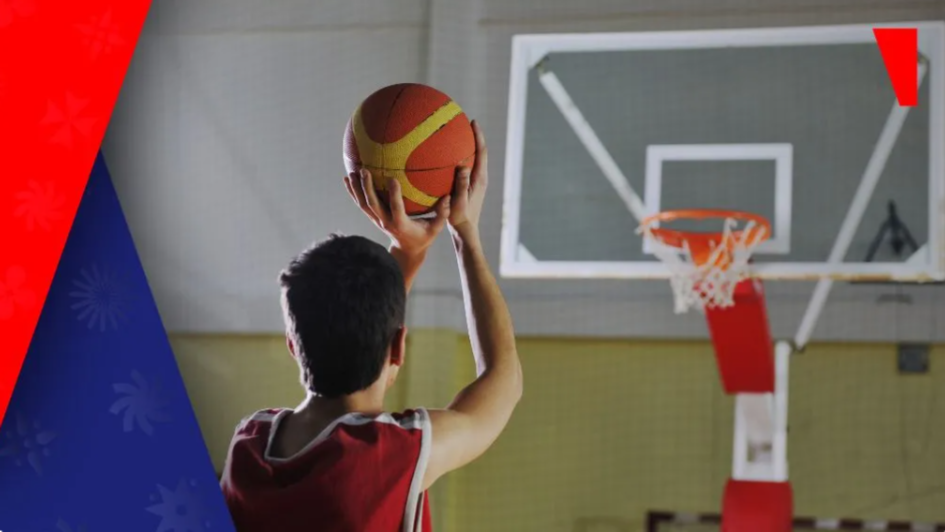
The National Collegiate Athletic Association (NCAA) is tightening its game-day transparency rules in a bid to protect student-athletes and safeguard competition integrity amid the rapid growth of regulated online sports betting in the United States.
Beginning with the 2026 March Madness tournaments, Division I men’s and women’s basketball programs will be required to submit player availability reports before each game, a move the NCAA says will alleviate gambling-related pressures on athletes.
According to the NCAA, the reports must be submitted the night before and two hours prior to tip-off and will be publicly available. Each player will be listed under one of two designations, questionable or out, with inaccurate or missing reports subject to committee penalties.
The NCAA’s partner HD Intelligence, a basketball analytics consultancy, will collect and distribute the data throughout the tournament. “Implementing player availability reporting is a major step to increasing student-athlete protections by alleviating pressures for the enhancement of their college experience,” said NCAA President Charlie Baker.
The announcement follows a year in which Americans wagered an estimated $3.1 billion on March Madness, according to the American Gaming Association (AGA), a record that underscores both the sport’s popularity and its growing exposure to betting markets.
Given the growing impact of sports betting, there is a rising push in college athletics to formalise injury disclosure, which is reflected in the new rule. The Big Ten, Mid-American Conference, and Southeastern Conference (SEC) have already required public injury reporting for baseball, basketball, and football in previous years.
Fines for failing to comply with the SEC’s reporting standards range from $25,000 to $100,000. Similarly, the Atlantic Coast Conference (ACC) this year required its member institutions to issue reports at least 48 hours before all conference games.
The move also builds on efforts by coaches like former Louisiana State University (LSU) head football coach Brian Kelly, who began voluntarily publishing injury updates in 2023 to shield players from external pressure and protect program integrity.
The injury-reporting announcement comes as the NCAA faces political backlash over its recent decision to allow student-athletes and athletic department staff to wager on professional sports. A bipartisan group of six US lawmakers, led by Rep. Brett Guthrie (R-KY), sent a letter on 30 October to NCAA President Baker expressing concern that the timing of the rule change could jeopardise sports integrity.
“The timing of the NCAA’s decision to allow student-athlete and staff participation in professional sports betting raises questions about the integrity of sport in the NCAA,” wrote Guthrie and his colleagues.
The letter follows the NCAA’s decision to delay implementation of the betting rule from 1 November to 22 November, after several Division I schools and the SEC called for reconsideration. SEC Commissioner Greg Sankey was particularly critical, warning that the NCAA was “removing the guardrails that have long supported the integrity of games.”
In an earlier conversation with SiGMA News, NCAA executives Mark Hicks (Managing Director of Enforcement) and Clint Hangebrauck (Managing Director of Enterprise Risk Management) discussed the organisation’s motivation behind the potential policy change.
Hangebrauck said discussions on the policy included experts from the National Council on Problem Gambling and mental health professionals to assess potential harm. “If betting were allowed in a regulated environment, athletes might feel safer reporting problems without fearing eligibility consequences,” he added. “Transparency can help us detect illicit behaviour earlier.”
While the NCAA’s new injury report policy aims to promote transparency, it also raises privacy concerns for student-athletes. However, supporters argue that official, standardised disclosures are preferable to rumors and leaks that can influence betting markets. By publicly releasing verified information, the NCAA hopes to limit the flow of insider data and reduce the risks of harassment or exploitation by bettors.
#NCAA #SportsIntegrity #SportsBetting #Transparency #CollegeSports #Regulation #ResponsibleGaming